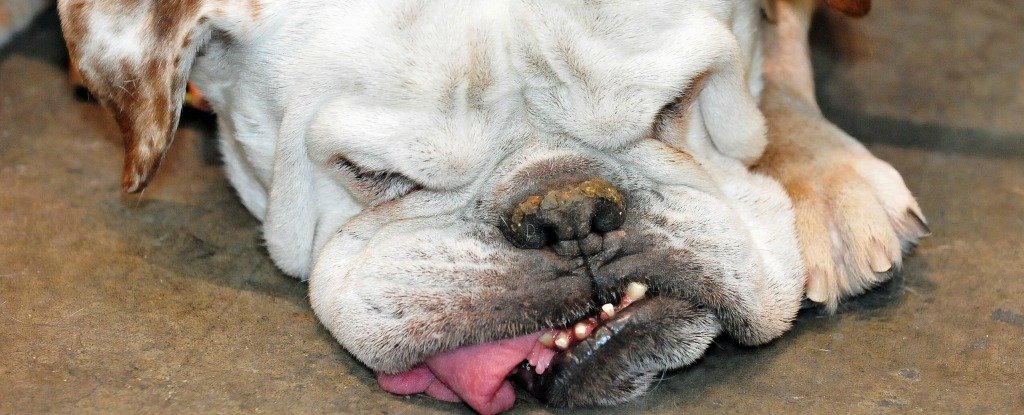Researchers have long studied purebred lines in dogs and determined that some lines contain as much as 25% inbreeding. This is far beyond the safe limit of 3-6%. Producing overly inbred animals comes with many genetic issues. In the golden retrievers and shepherds, it's most notably hip dysplasia. In the bulldogs, it's upper respiratory issues. Every purebred come with its own set of issues. Not every purebred dog will have these issues but the more inbred they are the more likely these genetic disorders will occur. Veterinary geneticist Danika Bannasch found that the majority of canine breeds are highly inbred and that it is contributing to an increase in disease and health care costs throughout their lifespan. In a study done across 227 breeds Bannasch stated "While previous studies have shown that small dogs live longer than large dogs, no one had previously reported on morbidity or the presence of disease. This study revealed that if dogs are of smaller size and not inbred, they are much healthier than larger dogs with high inbreeding." She was amazed at how much inbreeding had affected each studied dog. She talks further about how we breed for certain characteristics for the "breed standard" yet those desired traits can be a detriment to the dogs. An example of that is the squished face of the french bulldog, although cute, compromises their airway significantly.
https://www.sciencedaily.com/releases/2021/12/211202162148.htm

